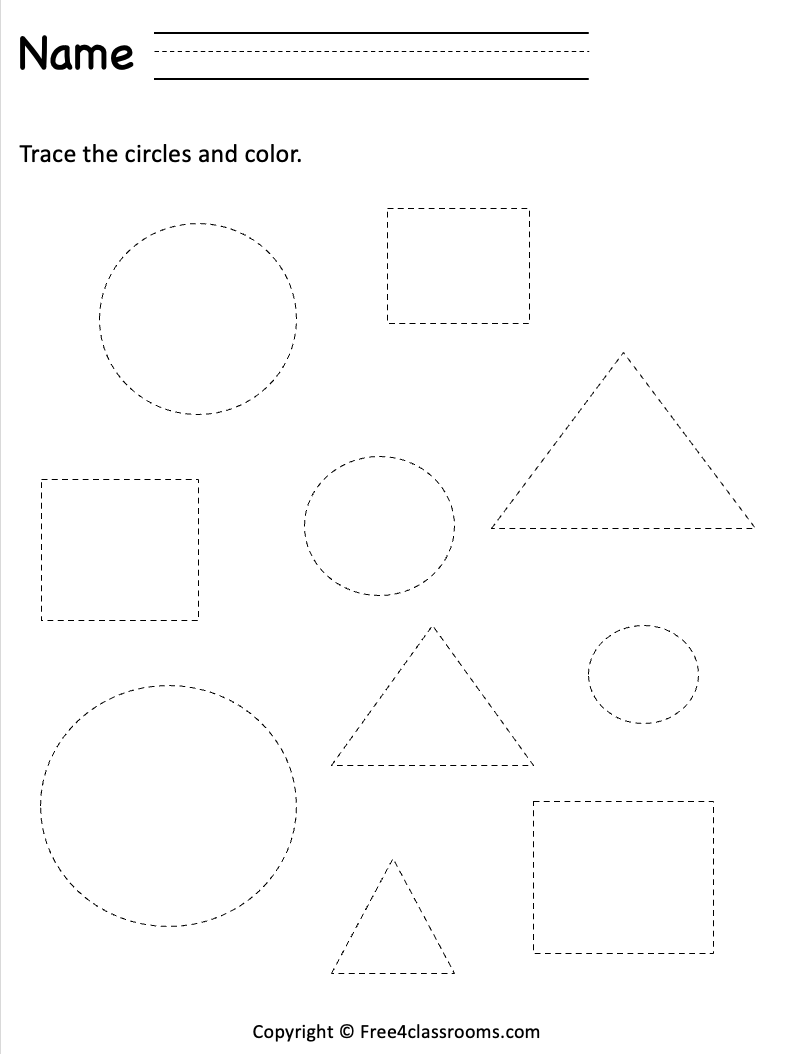Fine motor skills are essential for daily activities such as writing, dressing, and feeding oneself. Fine motor worksheets are a great way to help children develop these skills in a fun and engaging way. By practicing activities that require precise coordination of small muscles, children can improve their dexterity and hand-eye coordination.
These worksheets can be particularly helpful for children who are struggling with handwriting or other fine motor tasks. By providing activities that target specific movements, children can strengthen their muscles and improve their overall coordination.
Fine Motor Worksheets
There are a variety of fine motor worksheets available that cater to different skill levels and age groups. Some worksheets focus on basic skills such as tracing lines and shapes, while others may involve more complex activities like cutting and pasting. These worksheets can be easily found online or in educational stores, and can be a valuable resource for parents and teachers looking to support children’s fine motor development.
One popular type of fine motor worksheet is the “dot-to-dot” activity, where children connect the dots to reveal a picture. This activity helps children practice their pencil grip and hand control, while also reinforcing number sequencing skills. Other worksheets may involve coloring within the lines, cutting out shapes, or threading beads onto a string. These activities not only help children improve their fine motor skills, but also provide a creative outlet for self-expression.
It’s important to remember that fine motor development is a gradual process that requires patience and practice. Children may not master these skills overnight, but with consistent practice and encouragement, they can make significant progress. Fine motor worksheets provide a structured way to target specific skills and track a child’s progress over time.
In conclusion, fine motor worksheets are a valuable tool for supporting children’s development of essential skills such as hand-eye coordination and dexterity. By providing engaging activities that target specific movements, children can improve their fine motor skills in a fun and interactive way. Whether at home or in the classroom, incorporating fine motor worksheets into a child’s routine can help them build the foundation for success in various activities throughout their lives.
